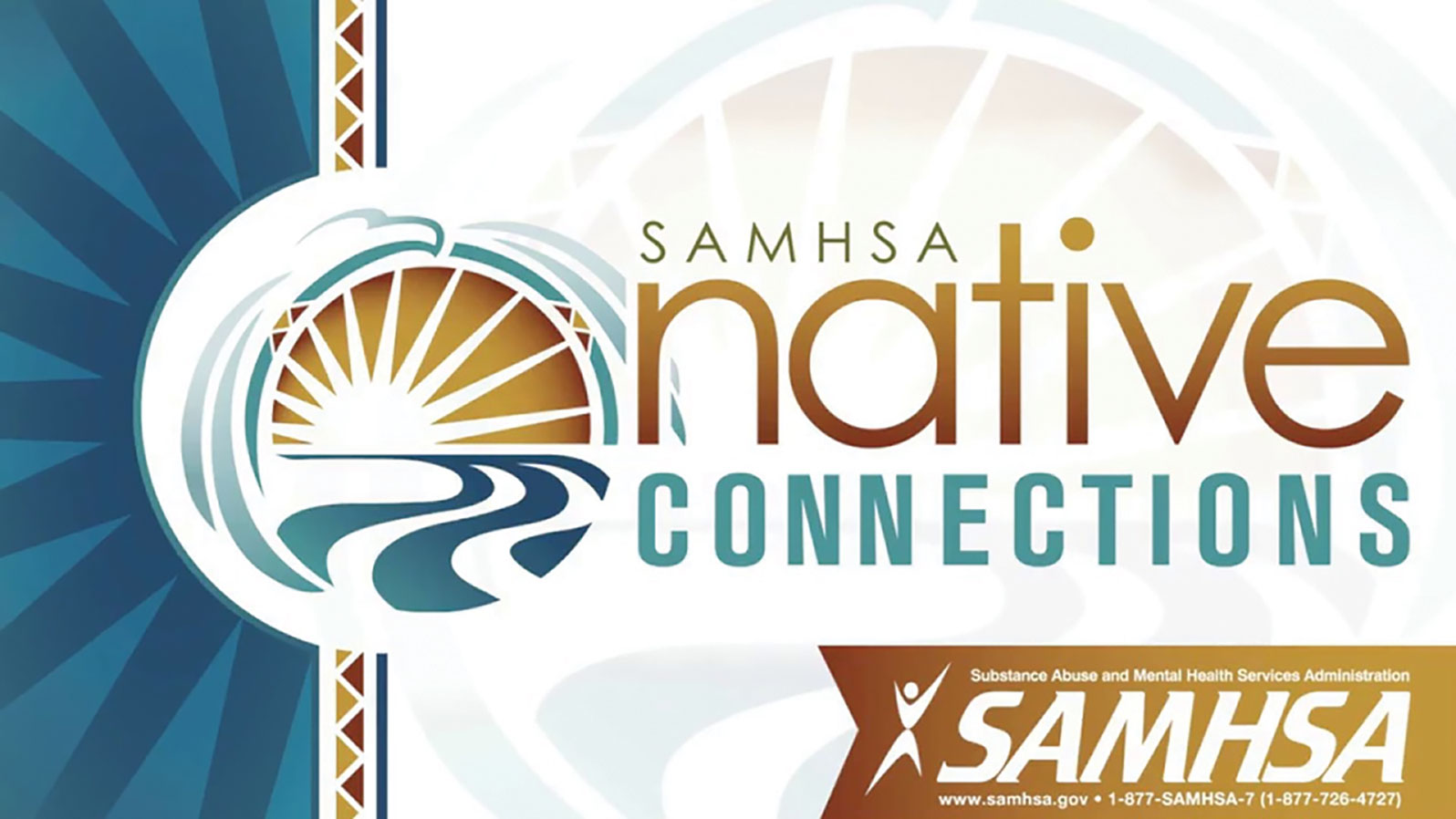Native American youth have not been exempted from the impact of the pandemic and the racial climate. They have seen and felt all the effects that it has had on us as individuals, families, and community. They have seen and felt a range of feelings that sometimes can have a negative affect on their psyche. In some cases, they too have looked for ways to combat the feeling of isolation and maybe even taken part in rebellious behavior. Adults have reacted similarly too! Here is some information about youth, substance use and prevention efforts.
Substance use prevention with students
With the increased stress of today’s current conditions, some students have turned to use alcohol and other substances to self-medicate. Our biggest priority as a parent or guardian is to keep your student safe and healthy. We want to prepare them for the world and walk beside them in their efforts to become the person they want to be. We also need to recognize the stress and anxiety our students might be experiencing and talk to them about prescription and non-prescription use, illegal drug use, opioids, and other substances like meth, cocaine, inhalants, and any other forms of drugs that are out there. It’s important to listen to your student and to learn together about drug usage.
It’s okay if you don’t know what certain drugs are or the effects of them. It’s a great opportunity for both you and your child to research and learn together about substance usage. Here are some tips and ways you can support your child with substance usage:
- Talk to them about what substance use is.
- Contact your healthcare provider for professional medical assistance.
- Check out a virtual treatment or recovery program.
- Try to stay positive, don’t play the blame game.
Factors that aid in preventing substance usage for both youth and adults are:
- Social, emotional, behavioral, cognitive, and moral competence.
- Self-efficacy.
- Spirituality. Cultural or religious beliefs that value self-preservation.
- Resiliency.
- Opportunities for positive social involvement.
- Recognition for positive behavior.
- Bonding. A positive connection to family, friends, or community.
- Healthy beliefs and standards for behavior.
If you need assistance with how to talk to your child about substance usage, you can call SAMHSA’s National Helpline: 1-800-662-HELP (4357). You can always reach out to your local Behavioral Health program for advice and support.
- #DearNativeYouth
- #WeRNative
Adults Need Help Too
According to CDC.gov, in the month of June there were considerable elevated adverse mental health conditions associated with the pandemic and 40% of U.S. adults reported struggling with mental health or substance use. Younger adults, racial/ethnic minorities, essential workers, and unpaid adult caregivers reported having experienced disproportionately worse mental health outcomes, increased substance use and elevated suicidal ideation. Please reach out to any of the resources listed to ask questions and help make a plan to overcome mental health struggles.
Please check out our resource list below and make tomorrow a better day.
Want to help and be a part of the change?
Looking for community members and youth to join the Prevention Coalition tasked to reduce youth substance usage, eliminate mental health stigma, and start the discussion around suicide and prevention.
Upcoming Prevention Coalition Meeting
We are going virtual! Join our meeting via Zoom. We will start regular meetings on Tuesday, Sept. 15, from 6 pm-7pm. Meetings will be held virtually every Tuesday for four weeks just to start. For a copy of the link to the meeting, please feel free to call or email Precious. Or you can visit https://zoom.us/join and type in the meeting ID: 889 0328 1795. Contact Precious Collins, Native Connections Program Coordinator for more information 970-563-2487.
Upcoming Training
FREE online Suicide Prevention Training- Question, Persuade, Refer (QPR) for Southern Ute Tribe Employees and Southern Ute Tribal members and their family. Let’s all learn the warning signs and what to do if someone is experiencing a crisis.
Please contact Precious Collins at 970-306-8131 or email prcollins@southernute-nsn.gov to sign up.

